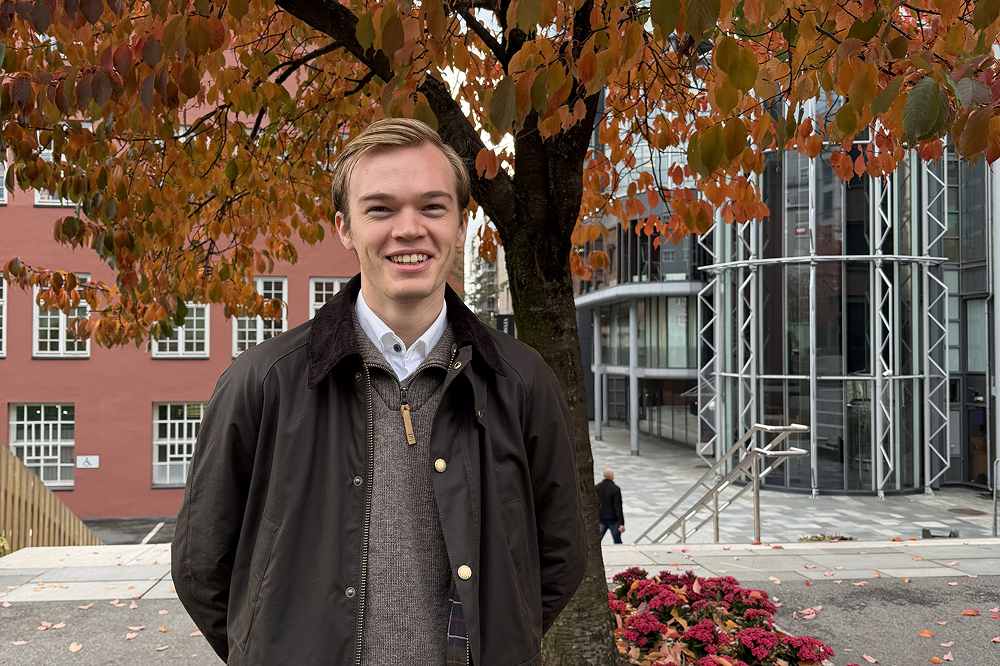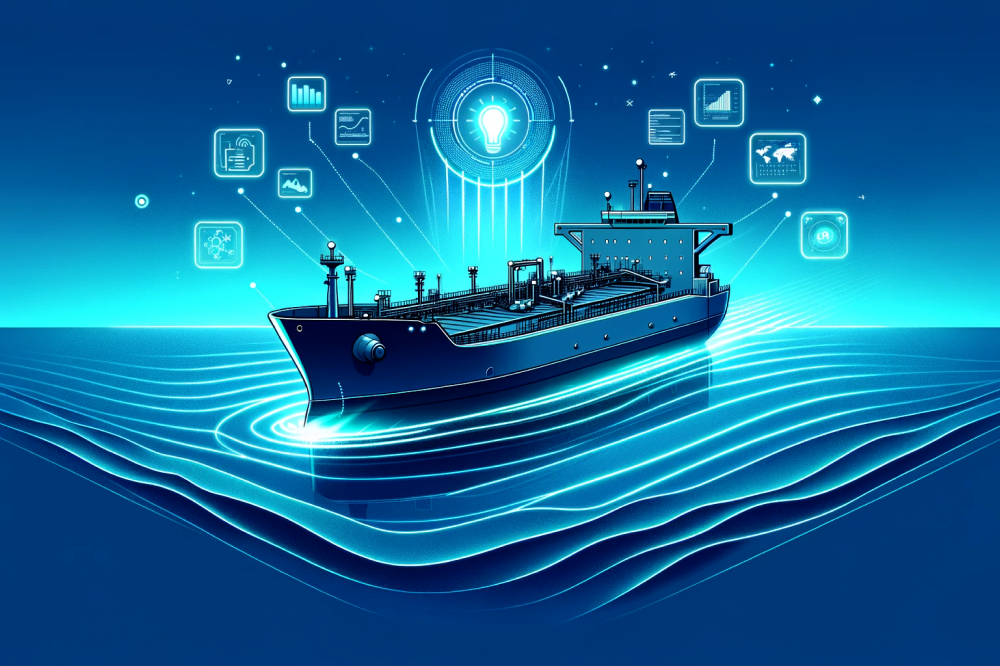
Meet Thomas - Student
Welcome to Maritime Optima! Tell us a little bit about yourself.
Thanks! I am from Ålesund, and was born in 1997. In my spare time I enjoy hiking the mountains of Sunnmøre, as well as playing huge board games more complicated than my work. Programming has been a passion of mine ever since I discovered it at the start of high school. I love the creative problem solving it enables, and the ability to create something cool from "nothing". When I realized you could get paid doing it, my career plan was settled, although I find it hard to choose a single topic to specialize in.
Tell us a little bit about your background. Your education? What have you been doing before you joined Maritime Optima?
A few weeks before joining Maritime Optima I finished a bachelor's degree unit-Operations and Information Security at NTNU. The degree focuses on the "ops" side of things as well as topics in information security, while giving a strong core of informatics knowledge. I held several learning assistant positions, where I taught and discussed code.
In 2019 during my bachelor's degree I worked one year at CERN, Switzerland as a technical Student in their IT-department. CERN is a European research organization with 23 member states that operates the largest particle physics laboratory int he world. My section at CERN was in charge of the infrastructure that hosts critical business-logic applications, and my work was to move Java applications from a proprietary application server to Tomcat-containers hosted in CERN's son-premise Kubernetes clusters. This was achieved by first creating an automated infrastructure for hosting CERN applications in Kubernetes, and then helping developers move to the new infrastructure.
What will be your responsibilities in Maritime Optima?
As a summer intern I will be contributing to the development of Maritime Optima's services by implementing features, fixing bugs and improving the codebase.
What programming languages do you feel comfortable working with both frontend and backend?
For frontend I have used Polymer, PHP and handcrafted JavaScript in the past, but feel comfortable in none of them. I hope to expand my frontend knowledge by learning from the best at MaritimeOptima. For backend I prefer Golang, and have used C++, Python and PHP in the past.
What have you been working with this summer?
Simen and I have been building a machine learning model that predicts vessel destinations based on historical data. We build on the work of Morten Omholt-Jensen and Utkarsh Goyal, who have written a master thesis on the topic in association with Maritime Optima.
What have you learnt by working here?
I have gained valuable insight into applying machine learning to real-world problems. At university, we are given isolated tasks with clear goals that are known to be achievable ahead of time, and this stands in stark contrast to reality. At Maritime Optima our work has been in service of the larger vision of the company, and it has been a good learning experience to apply my skills in this context.
What’s most exciting about working here?
The most exciting part of working at Maritime Optima this summer has been the discussions with Simen and the rest of the team around the data. We are excited to be at a point where the data pipeline is mature enough to allow for machine learning to be applied, and this has resulted in a motivating atmosphere.
What are your plans after graduation?
After my graduation, I want to work as a backend developer processing large amounts of data in interesting ways, and solving complicated problems with code.
What are you looking for in a future employer?
A good employer has room for individuality, allowing for creative solutions. A leader that is excited about the task at hand and motivates the team is also important.
There are many digital maritime initiatives and start-ups around and, what is unique about Maritime Optima?
It is my impression that Maritime Optima focuses on getting the core technologies right by hiring passionate and opinionated developers. This makes tackling digitalization more realistic as challenges are seen by the team not as problems, but as opportunities.
How would you describe a successful team?
To me a successful team is one consisting of passionate people with diverse skill sets, where the focus is on collaboration, optimizing for change and keeping work fun. For me to stay on a team I need strong leadership to guide me in the right direction, while still maintaining freedom to approach problems from different angles until a good solution is found.















